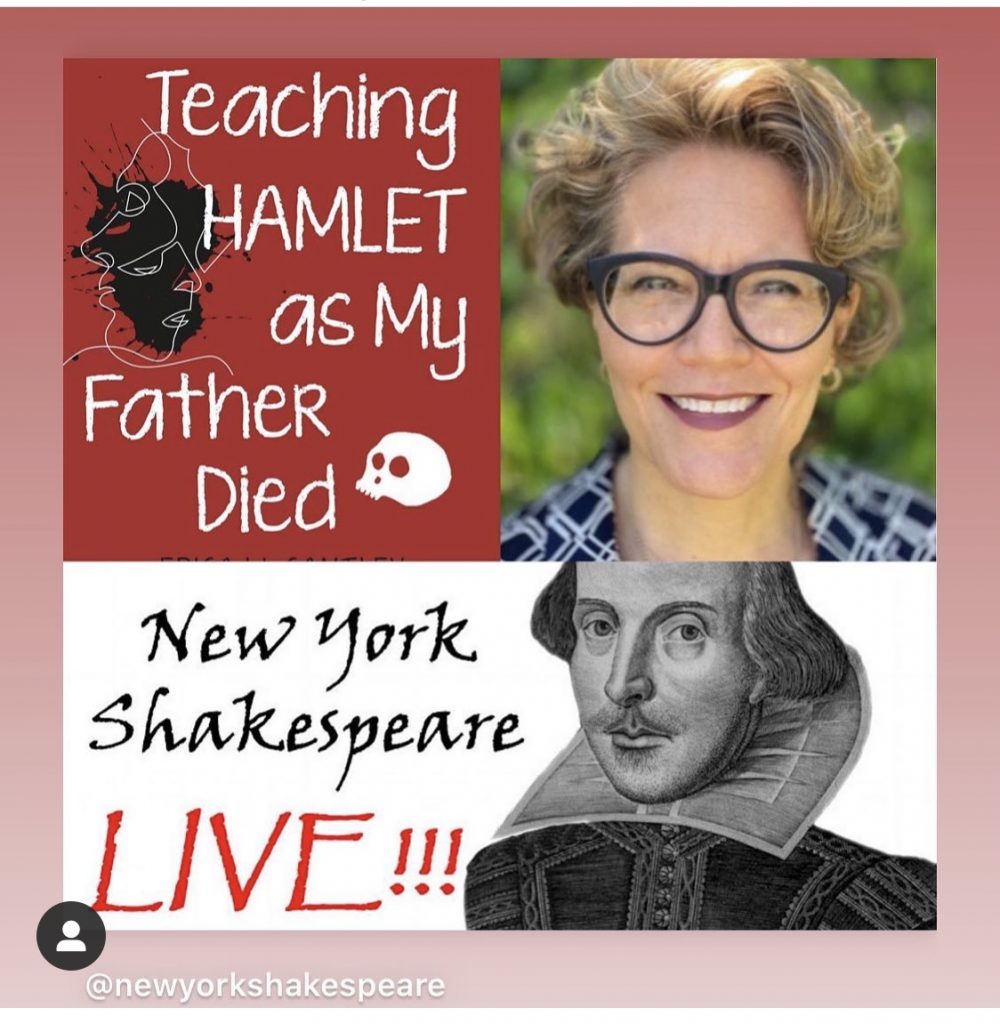Thank you to my wonderful readers!!!
There is a special providence in the fall of a sparrow.
If it be now, ’tis not to come;
if it be not to come, it will be now;
if it be not now, yet it will come.
The readiness is all.
5.2.233-237

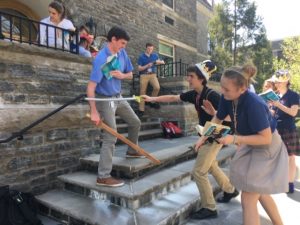




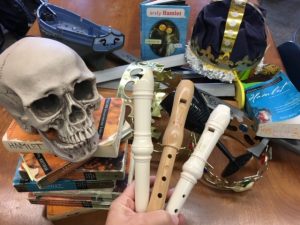

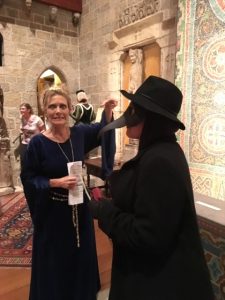
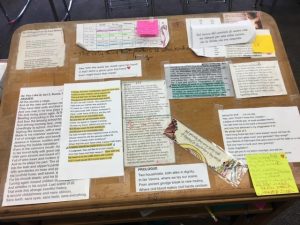

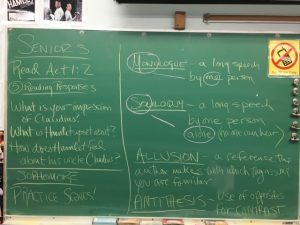
"There's nothing either good or bad but thinking makes it so."
2.2.286

"Now cracks a noble heart. Good night, sweet prince,
And flights of angels sing thee to thy rest."
5.2.397-398
advanced praise for
Teaching HAMLET as My Father Died
Ian doescher
“Whether you are a Shakespeare lover, dealing with grief, a teacher, or some combination of the three, Teaching Hamlet As My Father Died is for you. Erica Cantley’s book is filled with insight, depth, and honesty as she recalls her students’ reflections, draws parallels between fiction and reality, and grapples with the loss of her father.”
richard wertime
“Facts become art through love,” says Kenneth Clark, the art historian. In reading Erica W. Cantley’s Teaching HAMLET as My Father Died, we’re tempted to invert Clark’s wonderful dictum and say, instead, “Love becomes art through facts”—the “facts” consisting, here, of the author’s re-creation of a semester spent teaching Hamlet to a class of high-school seniors while her beloved father is dying. Akin to Helen MacDonald’s H is for Hawk—that passionate paean to a much-mourned father—Cantley’s narration, interspersing bouts of memory with her daily hands-on teaching, brings vividly to life both her robust interactions with the teens in her class—a group any high-school teacher would envy!—and her continuous meditation on how leading them through Hamlet both enriches and reflects upon her relationship with her father. “Living in the play transported me from my specific loss and let me live surrounded by impersonal truth about life and death,” the narrator tells us. What anchors this book is more than the power of love—the reciprocal life-long love between father and daughter, the love Cantley’s students so clearly bear her. It’s the impeccable respect that binds human to human in this luminous story. By turns solemn, poignant, wrenchingly honest, and hilarious (Cantley’s “ear” for teaching teens is absolutely spot-on), Teaching HAMLET as My Father Died will grace your shelf of books, those still to be read. Savor it soon!”
lisa oz
“In Teaching Hamlet as My Father Died, Erica Cantley seamlessly interweaves a profound personal loss with the literary themes and archetypal insights of Shakespeare’s Hamlet. Through her artful yet vulnerable storytelling, she communicates both the ephemeral nature of life and the mysterious timelessness of love.”
Lisa Klein
“Living in and with Shakespeare’s Hamlet transports the author from the plane of her personal loss to a realm of timeless truths about life and death. Readers will find themselves led by a lively, creative, and committed teacher to a greater understanding of Shakespeare’s most famous tragedy, scene by scene, with probing questions and illuminating answers provided by Cantley and her students alike.”
conor hanratty
“Anyone who performs, or teaches, or speaks for a living is all too familiar with the implication that “the show must go on”. Erica’s heartfelt book gives an insight into her unique situation: teaching a class about Hamlet, a play about a young man dealing with the loss of his father, while she was in the process of mourning her own dad. Cleverly structured and gently written, it’s a terrific read. I found myself jealous of the lucky students in her class. and immediately wanted to share it with my own father. A very special book indeed.”
cassandra csencsitz
“A Dead Poets Society for a new age, Erica Cantley’s Teaching HAMLET as My Father Died is an illumination of grief as commensurate with love, the reading of Shakespeare, and the art of teaching. To enter Cantley’s high-school classroom is to glimpse the skill and heroism of our greatest teachers whose stages face more audiences a week than Broadway, and whose patrons require more than diversion for the price of their ticket. Cantley’s students form an inspiring cast of characters whose existences celebrate the very condition criticized by Hamlet while her own dying father demonstrates that a good life can be even better than a great one. As page-turning as it is profound, to read this book is to experience an increase of love for our mortal coil and the opportunities for meaning that may be life’s only guarantee.”
